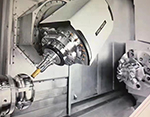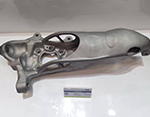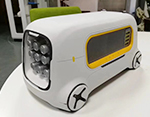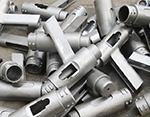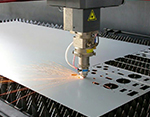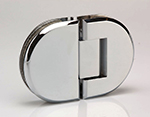-
Service
+
- CNC Precision Machining Service +
- Multi-Axis Simultaneous Machining Service +
- CNC Turning Service +
- Metal 3D Printing Service +
- Rapid Prototyping Service +
- Die Casting Service +
- Sheet Metal Fabrication Service +
-
Finish Serivces
+
- Polishing
- Grinding
- Brushed Finish
- Sand blasting
- Painting
- Powder Painting
- Anodizing
- Hard anodizing Service
- Passivation
- Zinc Plating
- Nickel Plating
- Chrome Plating
- Blackening
- Black Zinc Plating
- Teflon Coating
- Titanium Coating
- DLC Coating
- Laser Marking
- Silk Screen Printing
- Transfer Printing
- Micro Arc Oxidation
- Industries +
- About Us +
- Resource +
- Contact Us
- Quote

-
Service
-
>
-
>
-
>
-
>
-
>
-
>
-
>
-
>
-
- Industries
- About Us
- Resource
- Contact Us
Automotive machinists work with one of the most important parts of an automotive vehicle: the engine. They can perform maintenance on the engine, as well as upgrades to improve the car's overall performance. They can also make repairs to parts of the engine and install replacement parts as required.
Since its beginnings in the 1860s, the automotive industry continues to build itself on innovation and technologies. Many of the biggest innovations in the automotive sector are tied directly to manufacturing advances. CNC machining for automotive applications drives many of the manufacturing advances in the industry.
In 1913, for instance, Henry Ford revolutionized automaking with the first moving assembly line. With this, he brought mass-produced vehicles to people around the world. Since then, precision auto parts have remained two key goals of the automotive industry.
In recent years, there have been advances in design, robotics, and manufacturing processes. All these led to significant increases in the automation of automotive machining. These same technologies have also led to improvements in vehicle design and performance. There are several applications of CNC machining. However, this technology plays several important roles in the transformation of auto-making.
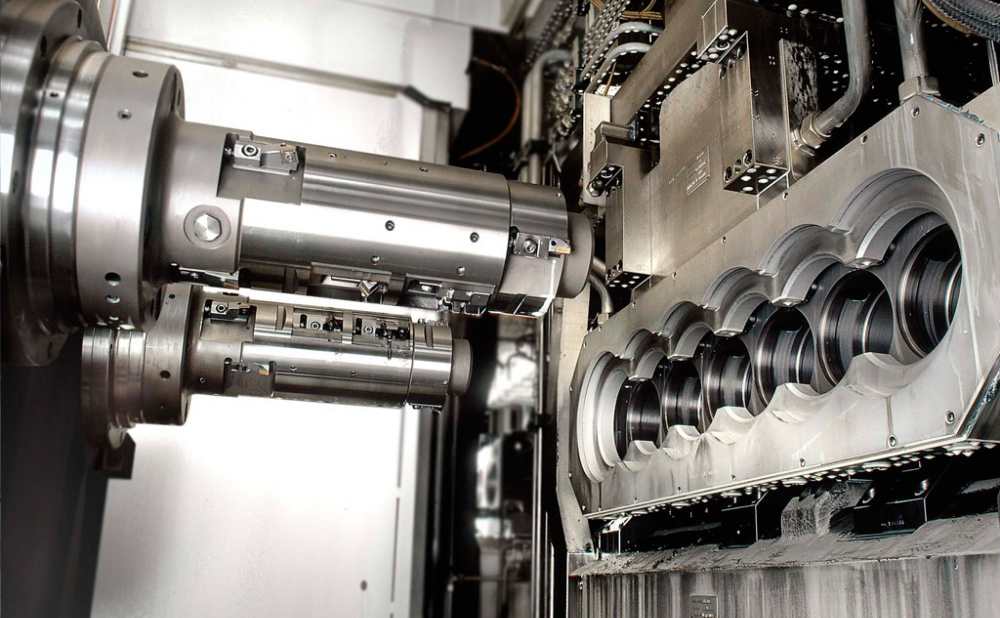
Advantages of CNC Machining for Automotive Applications
CNC Machining for the automotive industry has become popular in recent years. Manufacturers across the globe seek to benefit from the process’s many perks. Such perks include speed, automation, repeatability, and more. Here are some of the advantages of automotive CNC machining:
Production speed
From medium to high production volumes, CNC Machining offers rapid production times compared to traditional machining. This is because of its automated nature, which eliminates the need for lengthy and labor-intensive manual machining. Some steps help speed up and optimize the machine’s run time in the production planning process.
Automation
Automation is in itself an advantage of CNC Machining. Not only does it allow faster production times compared to manual processes, but it also makes the automotive manufacturing process more streamlined. If you sent a part for manufacturing on a CNC Machine, robotic arms could assist in the removal of the part once finished. Therefore, workers can dedicate more time to design and innovation tasks.
Repeatability
As a computer-controlled process, automotive CNC Machining also brings with it a guarantee of repeatability. This is a crucial element in any industrial-grade production setting. In the automotive industry, it is crucial to ensure that parts are consistent from batch to batch. This way, all CNC cars rolled out will be up to the same standard.
Precision
In line with repeatability, CNC Machining is capable of achieving tight tolerances for parts that demand it. For automotive applications especially, this reliable process can meet the required tolerances for the engine and other functional components. Thus, you can be sure of getting precision auto parts at the end of the manufacturing process. The process is also capable of producing complex parts for vehicles.
Customization
Though it may not suit well to customization as additive manufacturing, CNC Machining helps the automotive sector produce customized parts. This advantage comes with short lead times, either as one-offs or in small production volumes.
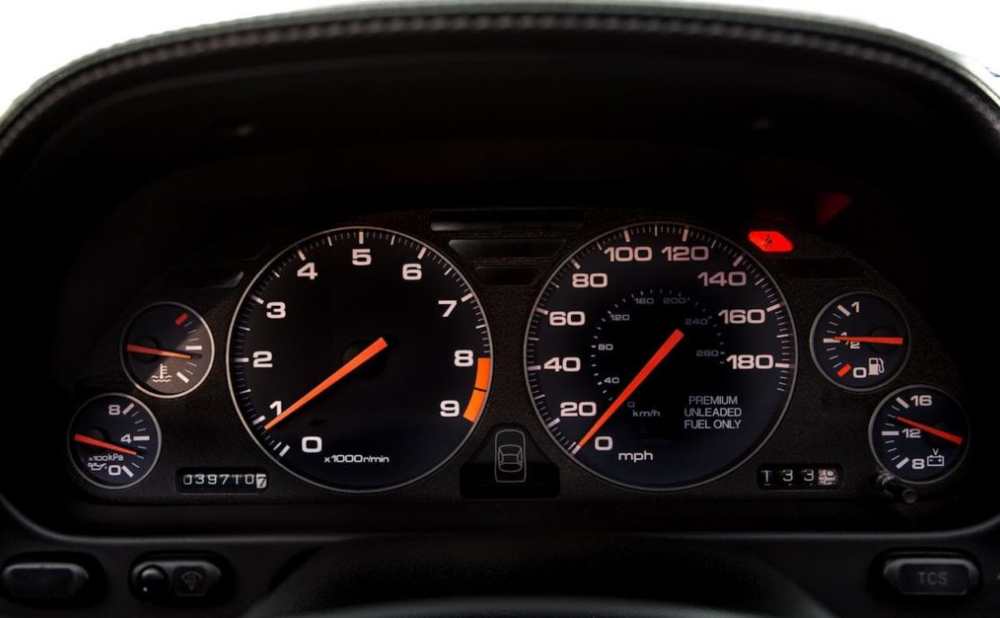
This process has the necessary precision for milling a dashboard frame from a block of raw plastic materials. This helps ensure that the cutouts for the speedometer, gas gauge and indicator lights perfectly align when installed.
Starter Motors
Car manufacturers continue to find uses for CNC Machined metal. Complex parts such as starter motors, for instance, can be produced using CNC Machining. The precision and complexity of the process allow for the optimization of these parts. Manufacturers can also easily improve them in terms of performance, durability, and reliability.
Cylinder Heads
In the automotive and motorsport industries, CNC Machining for automotive industry also offers several advantages. These benefits come in producing engine blocks and cylinder heads, which cover the cylinder in an internal combustion engine.
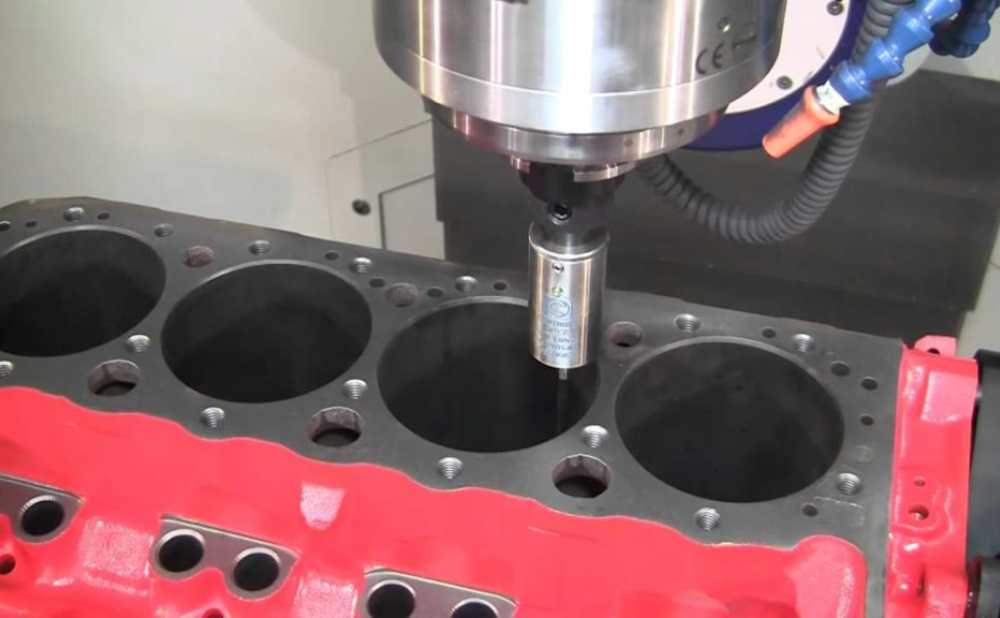
The technology is particularly useful for limited runs or customized engine models. These components come from a solid block of aluminum, which is an easy metal to machine. Other powertrain components, such as alternator housings, brake system valves, and fuel pump systems, can also be produced using CNC Machining.
Drive Axles
In a car, the drive axle is made up of two half axles, which are each connected to a wheel by a constant velocity joint. The critical part enables the wheel to assemble to move freely vertically and to pivot when the car is turning. CNC machining helps to produce precision auto parts in the drive axle mechanism, such as the hypoid gears and bevel gears.
Gearboxes
The gearbox is the second stage in a vehicle’s transmission system and consists of various shaft and gear components. These parts can be produced with CNC Machining, which offers high precision and good efficiency. Finishing parts of the gearbox that are cast are possible using CNC milling and drilling tools.
Custom parts
OEMs can also employ CNC Machining for the production of customized components or rare replacement parts.
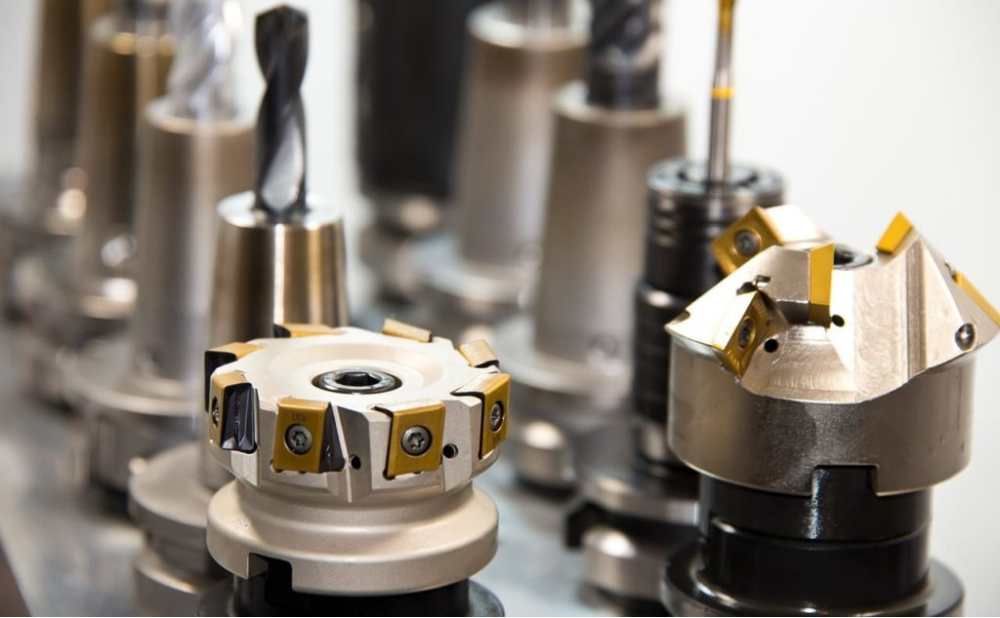
In the restoration of vintage cars, computer-controlled processes such as CNC Machining help. They work in combination with reverse engineering practices to create one-off parts which might otherwise be obsolete.
For more information and consultation, contact us here!
WhatsAPP:+86 13414139830
Phone: +86 13414139830
E-mail: Sia@kesugroup.com

